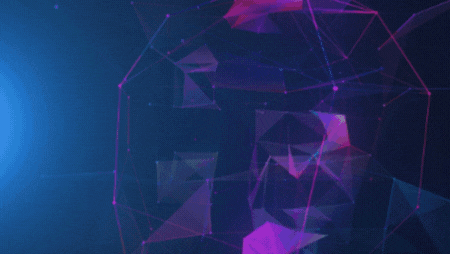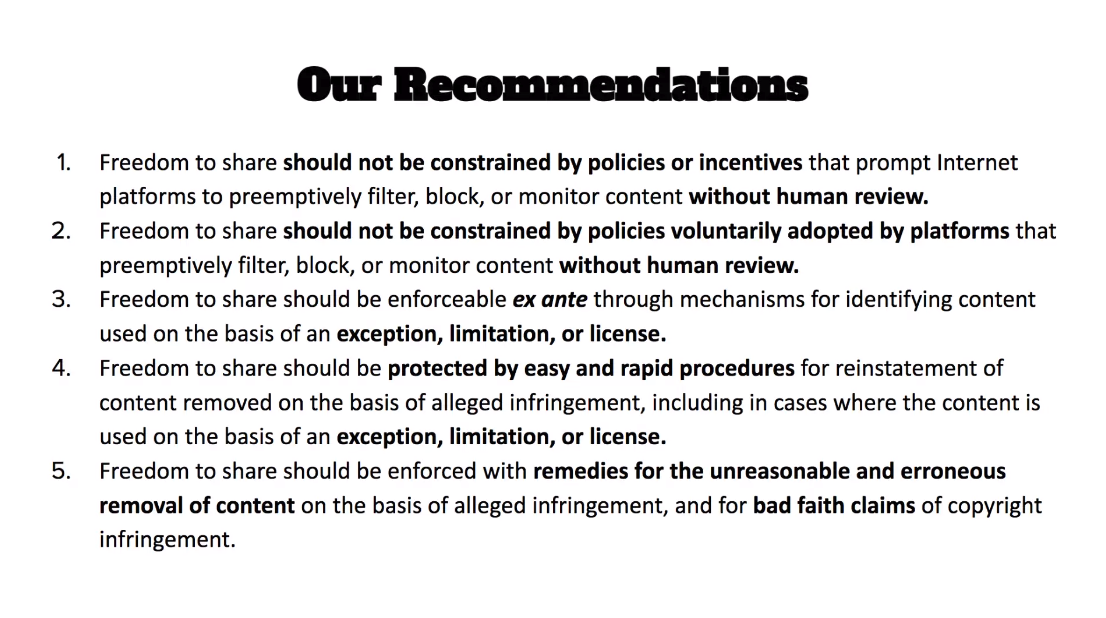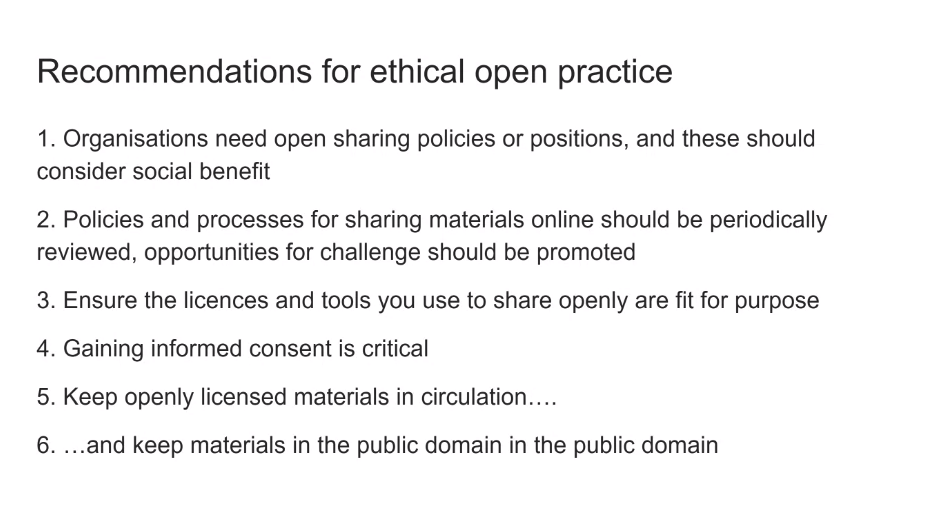Help us protect the commons. Make a tax deductible gift to fund our work in 2025. Donate today!
The Future of Open Webinar Recap & Recording
Copyright, EventsEarlier this year, Creative Commons announced that four working groups of the Creative Commons Copyright Platform would examine policy issues affecting the open ecosystem from a global perspective: (1) artificial intelligence and open content; (2) platform liability; (3) copyright exceptions and limitations; and (4) the ethics of open sharing.
 The CC Copyright Platform was established as a discussion space to strategize on copyright reform as a complementary action to developing and stewarding CC licenses. Over the last few months, each working group has discussed, researched and dissected these issues, and produced four Position Papers encapsulating their outcomes, available now on the CC Medium Publication.
The CC Copyright Platform was established as a discussion space to strategize on copyright reform as a complementary action to developing and stewarding CC licenses. Over the last few months, each working group has discussed, researched and dissected these issues, and produced four Position Papers encapsulating their outcomes, available now on the CC Medium Publication.
At ‘The Future of Open’ webinar, hosted on 9 November 2021, the four working group leads presented their work to CC Global Network members, practitioners, policymakers and the general public. Speakers at the webinar included: Catherine Stihler, CEO, Creative Commons (Welcome Remarks), Brigitte Vézina, Director of Policy, Open Culture, and GLAM, Creative Commons (Moderator), Max Mahmoud Wardeh, WG 1 Lead (Artificial Intelligence and Open Content), Emine Yildirim, WG 2 Lead (Internet Platform Liability), André Houang, WG 3 Lead (copyright exceptions and limitations), Josie Fraser, WG 4 Lead (the ethics of open sharing). Below you will find the webinar recording, summaries of the four papers, and links to read them.
Working Group 1 — Artificial Intelligence and Open Content
Max kicked things off presenting WG 1’s paper Key Findings of the Creative Commons Working Group on Copyright and AI. Max highlights that “this is an area that’s constantly changing in terms of the legislation, as well as, of course, the technology, and it’s also a very wide ranging remit in terms of how much progress has happened with regard to the use and generation of content by computers.” This informed the group’s decision to divide their work and outputs into five key areas: the definition of AI; text and data mining; training of AI and machine learning algorithms; AI generations and creations; and authors collaborating with AI. Max reminds us that the positions and recommendations mentioned in the paper are just a summary of the details that have gone into exploring and considering the topics of the Working Group. They will continue to build on the work done so far, in line with the developments in the social, technical, and legal aspects of AI and copyright. They invite you to explore and contribute to their continued work on the CC AI Working Group site, and by joining the conversation on their channel in the Creative Commons Slack.
Working Group 2 — Internet Platform Liability
Emine presented key findings from WG 2’s paper Freedom to Share: How the Law of Platform Liability Impacts Licensors and Users. Emine shares that WG 2 limited the geographic scope of their paper to the European Union, U.S. & Canada, New Zealand, and several countries in Latin America (Chile, Costa Rica, El Salvador, Guatemala, Honduras, Nicaragua, Dominican Republic, Mexico, Brazil, and Peru). They focused their work and outputs on Freedom of Opinion and Expression, Access to Information, Right to Participate in Cultural Life and Freedom to Share. Through this lens, they assessed current trends and produced five recommendations:

Working Group 3 — Exceptions and Limitations to address Global Challenges
André shared key findings from WG 3’s paper Creative Commons Copyright Platform Working Group on User Rights’ Position Paper. In their paper, WG3 stressed that “important changes in copyright are necessary to ensure user rights are protected, and that copyright in turn achieves its goals of promoting access to culture and knowledge.” André starts by explaining that although they are traditionally referred to as “exceptions and limitations” of copyright, this paper refers to them as “user rights” to reflect the complex layers of this issue. André explains they “decided to avoid focusing on issues specific to U.S. copyright law or European copyright law, and instead adopt a broader view, which we understood could make our paper have a broader reach and be useful to different organizations.”
Working Group 4 — Beyond Copyright: the Ethics of Open Sharing
Josie presented key findings from WG 4’s paper Beyond Copyright: the Ethics of Open Sharing. To begin with, Josie starts off by explaining WQ 4’s definition of Ethics and Open Sharing in the context of this paper, explaining that “for the purposes of this paper, we’re looking at ethics primarily in relation to principles of equity, diversity and inclusion.” She adds “by ‘open sharing’ we mean the act of sharing digital materials either under an open license, or by applying a public domain tool”. This paper particularly focuses on the decisions that communities, groups and organizations take to share the materials they produce — including code, data and databases, images, software, sound and video recordings, written content, and 3D models — openly or not.
Based on these definitions, they explored this issue and developed 6 recommendations for an ethical open practice:

We are hugely appreciative of the efforts of all the working group members who contributed to these papers, those who participated in the public consultation of earlier drafts, and to the WG leads for their role in guiding these efforts and presenting them so clearly at the webinar.
———
The conversations continue in the Creative Commons Copyright Platform! Interested in joining? You can:
- Join the #cc-copyrightreform Slack channel; and/or
- Join the Copyright platform mailing list and attend our monthly meetings.